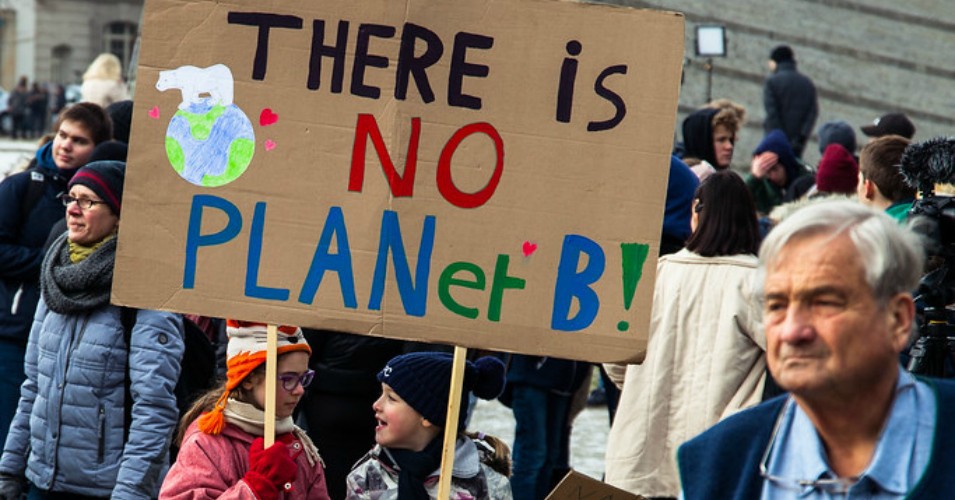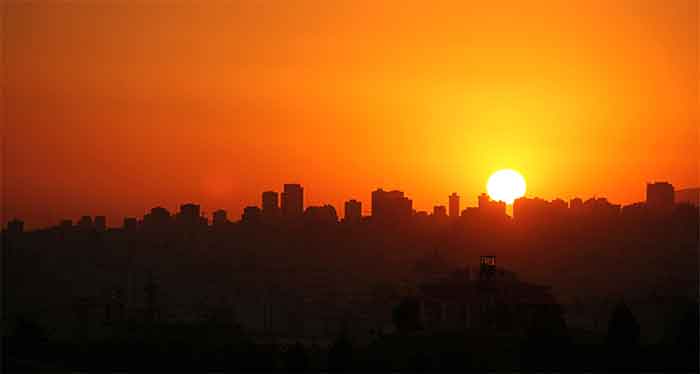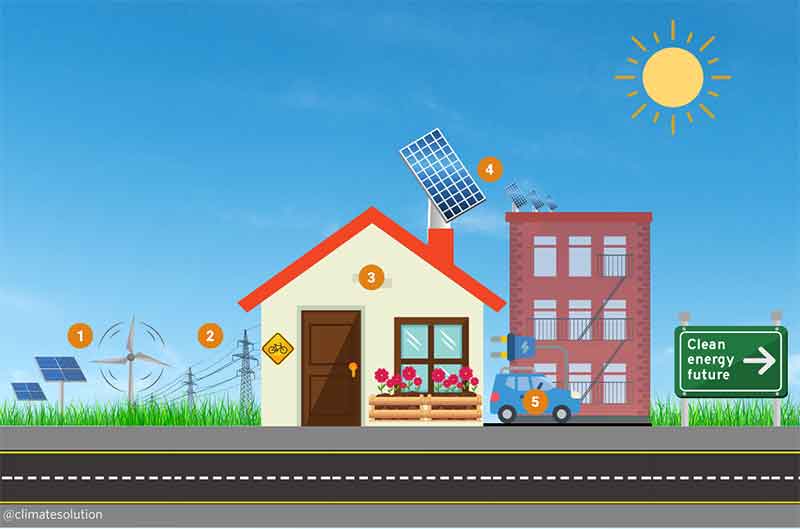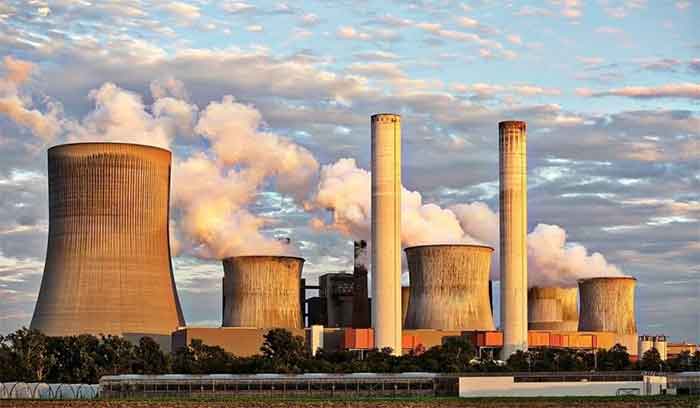
Climate change is a global issue and the task to elevate the climate catastrophe is a common responsibility. The recent disasters of rising sea levels in the island countries, irreparable damage caused by floods in Pakistan, drought in Madagascar forcing migration, destructive heat waves in Indian farm lands are eye-opening instances which cannot be ignored.
This triggers poverty, reduces crop yield, displaces communities, destroys properties, infrastructures, and altogether denigrates the quality of life. The rich Global North are better equipped and prepared to respond to climate crisis, it is always the Global South that suffer, pushed to poverty, fleeing from their own homes to survive!
According to the World Inequality Database, the Global North alone produces a carbon footprint 100 times more than the developing countries. In fact, they alone contribute approximately 90% of the greenhouse gases. Further a report published by the World Bank estimates that approximately 130 million people shall be pushed to abject poverty due to the environmental crisis.
Under these circumstances, it is quintessential to reverse these harms caused by the neo- capitalist practices while also acknowledging factors of historical emissions, demographic factors of population, financial and technical deficits of a nation etc.
Thus, both Global North and Global South needs to come together in the process of transforming the ‘brown economy’ to ‘green economy’, with the onus of responsibility laying with the Global North for its historical emissions and colonial legacies that have paralyzed Global South’s capacity to deal with it. A key hurdle to this is the Global South’s skepticism to accept the hypocritical Global North’s climate footprints and solutions, fearing climate colonialism.
As a result, multilateral platforms like G20 plays a prominent role in mitigating the climate crisis, bringing both the Global n North and Global South under one roof.
Group of 20(G20), a forum that gathers the developed and emerging economies of the world alone accounts 80% of global GDP, a home to around 60% world’s population and 75% of international trade, alone is responsible for 75% to 80% of global greenhouse emissions.
Thereby, G20 essentially provides a platform to bridge the gulf between the Global North and Global South. It also provides a forum to represent the voices of Global South as sovereign actors, recognizing different realities, capacities, resources and priorities in contrast to the Global North.
With India taking charge of the G20 presidency this year, this emerging country has a key role in solving the climate conundrum and becoming a champion of climate cooperation.
This year’s team, ‘Vasudhaiva kutumbam’, meaning, ‘One Earth, One Family, One Future’, alone leverages as a moral compass, Serving as a guide to see each other no different than oneself, epitomizing the idea as a family alongside mother nature, while also cultivating a sense of responsibility of the virtue to serve as ecological custodians, protecting and preserving mother nature, treating her with respect and dignity.
Thus encouraging the nations to look beyond the narrow nationalist agendas and think and act globally cultivating a sense of responsibility for one another.
This year’s tenure must work to ensure climate equity and justice. A special emphasis on the fair allocation of the carbon budget allowing developing countries enough space.
Countries should keep Agenda 2030 in consideration while framing climate policies. Emphasis on a sustainable pattern of consumption of energy sources should be discussed outlining the broad spectrum SDG 12, which is ensuring sustainable and responsible consumption and production.
In addition to this, penalties should be imposed on countries that exceed emissions while attempts to convince Western Asian and the USA to be prudent while using fossil fuel led development and switch to alternatives.
A special emphasis on renewable energy needs to be brought to the table that needs to be affordable and meet the needs of the demography.
Indigenous communities should not be deprived of their lands and should be brought back to the picture for their practical knowledge and techniques in mitigating climate risks. They should be brought into the mainstream solution-making process rather than isolated. India’s presidency can lay a special stress on this besides allowing cultural diplomacy in the form of yoga, Ayurveda, homeopathy, ancestral knowledge and festivities to be introduced to the world.
The climate change policies should not be framed aloof of the financial consequences such as poverty. Instead, this year’s presidency should lay prominence in designing policies in conjunction with global poverty concerns. Concerns of financial deficits of a country need to be analyzed with the special role of the Global North to transfer knowledge, technology and resources to the Global South in dealing with the climate adversaries.
India can also use this to garner support for the newly launched global mass movement, known as Mission LiFE that aims to mobilize global citizens at both individual and collective level to take measures to combat climate change.
With India’s stewardship of International Solar Alliance and her success of the EV policy and National Green Hydrogen Mission, India definitely serves as a leader who needs to work scrupulously identifying the risks and solutions while assisting and representing voices of the Global South in the G20 forum.
Thereby, India’s presidency can be a game changer for the Global South to mitigate the climate exigencies and transcend beyond the geopolitical and socioeconomic dividends, being more receptive to the Non – Western dispositions and methods. Every action counts, thus it is better to prevent and prepare then repent and repair.
Rudrani Garg, a student of The Assam Royal Global University pursuing her Bachelors in Political Science, [email protected]













































